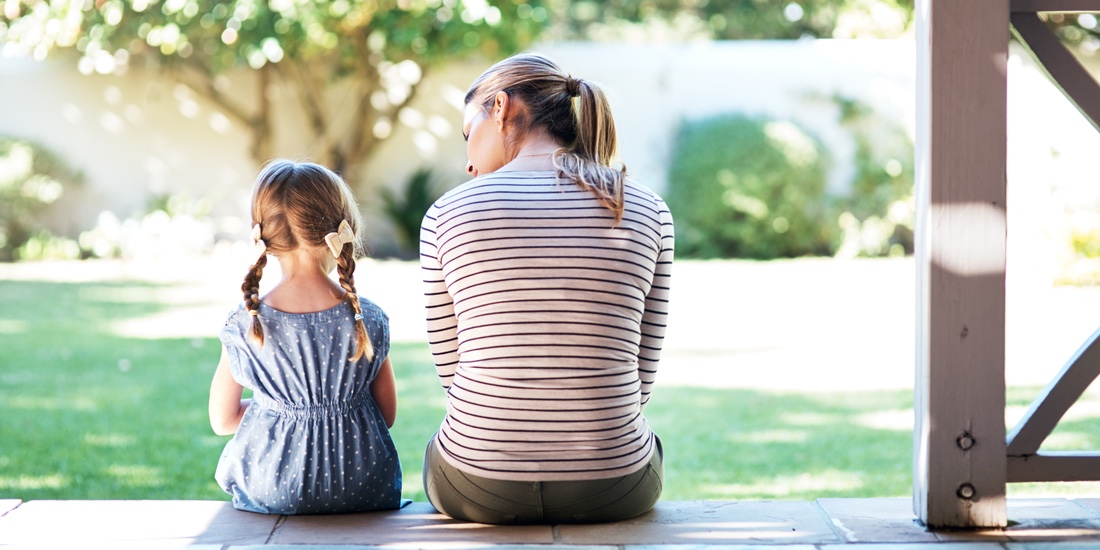Learn how to appeal to your child’s thinking brain and shape their future behavior by instilling discipline (vs. imposing punishment). Discover how to implement ‘logical consequences’ and the value of natural consequences.
Learn
Discipline and punishment vary in their impact on the developing brain:
- Discipline appeals to the “thinking brain” and helps shape future behavior.
- Punishment often results in a fight-or-flight reaction.
So when a child needs discipline (i.e., needs to learn a better way of doing or behaving), we suggest using logical consequences. In fact, including the word logical serves as a good reminder that the consequences must make sense – they must be a direct result of the misbehavior. Here’s a framework for creating logical consequences:
| Discipline → Logical Consequences | Punishment |
|
|
|
|
|
|
Do
How to Make Logical Consequences Happen
- Believe that your child is doing the best they can at this moment in time. All children make mistakes, lose control and struggle. View this as an opportunity to teach skills.
- Your goal: help your child realize that they can fix their mistakes and do better next time.
- Consider the mistake your child has made and determine which type of logical consequence makes the most sense. Some options:
- Loss of privilege – “You kicked Max in the sandbox, so now we need to leave the park. We can’t stay here if you can’t keep your friend’s body safe.”
- “Fix-it” approach – Like in Discipline in Practice, Diego found an ice pack for Rose and asked how he could make her feel better after hitting her. In that case, the grown-up also used a loss of privilege when she took the Magnatiles away.
- Remember that you do not need to make your child feel badly in order to encourage them to do better. The consequence does not need to feel bad – it is likely your child already feels badly about how they acted.
Logical Consequences – Some Examples
- Natalie needs too many reminders to get her pajamas on and to brush her teeth → There’s not enough time for 3 books before bed; she only gets 1 book.
- Abe refuses to take a bath → He cannot bring his usual stuffed animals to bed because he will dirty them.
- Zara doesn’t want to do her chores → She won’t be able to fly kites / go to soccer / see a play this weekend because “must dos” happen before “want to dos” in her family.
- Kira and Declan are fighting at the dinner table → They need to stop or leave the table until they are ready to join and eat calmly and kindly.
- Grace won’t stop yelling → Grace must go outside or leave the room since her yelling is hurting other people’s ears.
- Liam is jumping on the bed (or couch) → Liam is not able to participate in big-kid activities until he is able to listen to instructions that keep his body safe.
Natural Consequences – Some Examples
There is another kind of consequence – the natural consequence. You do nothing and your child naturally learns the cause-and-effect relationship. Simple in theory, but may be hard in practice; sometimes doing nothing is harder! Natural consequences work best, obviously, when the consequences are naturally built in. So take advantage of them; don’t create a logical consequence if a natural one exists. For example:
- Maile won’t wear a jacket → Maile is cold!
- Alex no longer wants to go on a playdate he committed to → He’ll sit at home alone and bored; his friend may not invite him again.
- Sophie won’t finish her dinner → She’ll go to bed hungry and wake up hungry.
- Rachel refuses to participate in soccer practice → She’ll stand on the sidelines, bored while watching friends play.
- Jaxon won’t share the blocks at school → Friends no longer want to play with him.
- Amari won’t get dressed in the morning → She wears her pajamas to school and gets strange looks and questions from peers. Her teacher may also remind her that the expectation is she wears clothes to school.
